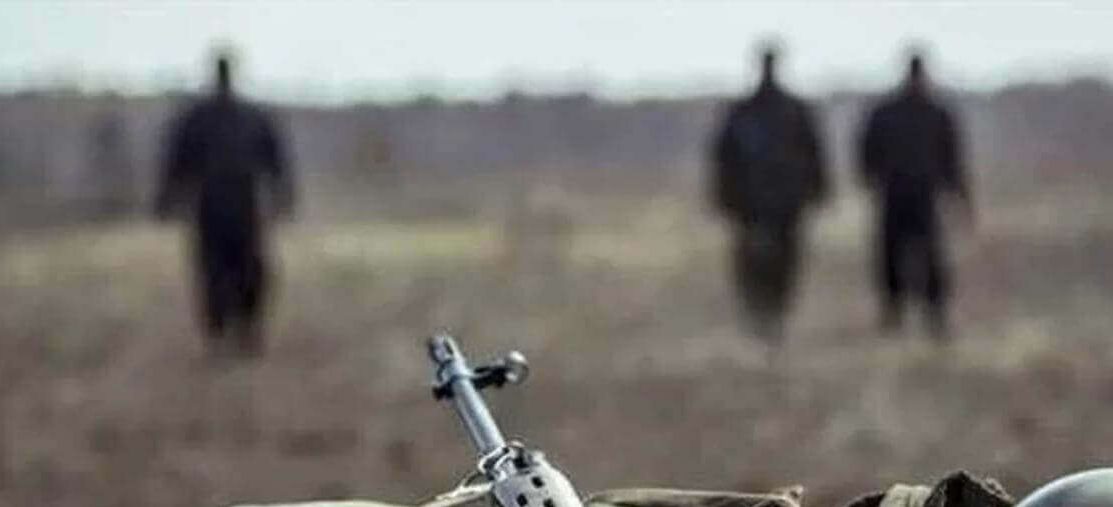Lawyer
Definition and classification of NSF
According to international law, illegal armed formations are groups that operate outside the framework of state legality and use weapons to achieve their goals. These can be insurgent movements, terrorist organizations, private military companies (PMCs) that operate without proper license or state control.
International documents and their analysis
The main documents that regulate the activities of the National Insurance Fund are:
Geneva Conventions of 1949 and their Additional Protocols of 1977: These documents establish the rules for the conduct of war and the protection of victims of armed conflicts. In accordance with Articles 1 and 3 of Additional Protocol II, participants in the NPF participating in internal armed conflicts are obliged to comply with the norms of international humanitarian law.
International Convention for the Suppression of the Financing of Terrorism 1999: Defines measures aimed at stopping the financing of terrorist organizations, which often includes NIS.
Resolutions of the UN Security Council: They are binding on all UN member states. In particular, resolutions related to sanctions against NIS, such as Al-Qaeda or ISIS.
Legal status of the NZF
Legal analysis of the situation. According to international law, NPOs can have different legal status depending on their activities and context:
Insurgent groups: If NPFs operate in the context of an internal conflict and control a significant territory, they may be considered parties to an internal armed conflict. This gives them the obligation to observe the norms of international humanitarian law.
Terrorist Organizations: Such NIS are subject to criminal prosecution under international and national counter-terrorism laws.
PMC: Their activities are regulated by both international and national legislation. Illegal PVCs are subject to criminal sanctions.
Legal conclusions
The following key aspects should be taken into account when consulting a lawyer regarding the activities of the NZF:
Obligation to comply with international humanitarian law: The participants of the NSF must comply with the norms of humanitarian law, even if they are not recognized states.
Prosecution: Members of the NZF may be prosecuted under both national and international law. This includes war crimes, crimes against humanity and terrorist activities.
Sanctions and Restrictions: States may apply sanctions against NIS, including asset freezes, travel bans and other restrictive measures.
Conclusion
Illegal armed groups pose a serious threat to international security. The analysis of international law documents shows that the activities of the NPF are regulated by a wide range of normative acts, which provide for strict sanctions for violations of the law. The lawyer's legal opinion on this issue should be based on a thorough analysis of the specific situation and the application of relevant norms of international law. Considering the complexity and multifaceted nature of this issue, a lawyer's consultation is necessary to determine the legal status and possible consequences for the participants of the NZF.

































